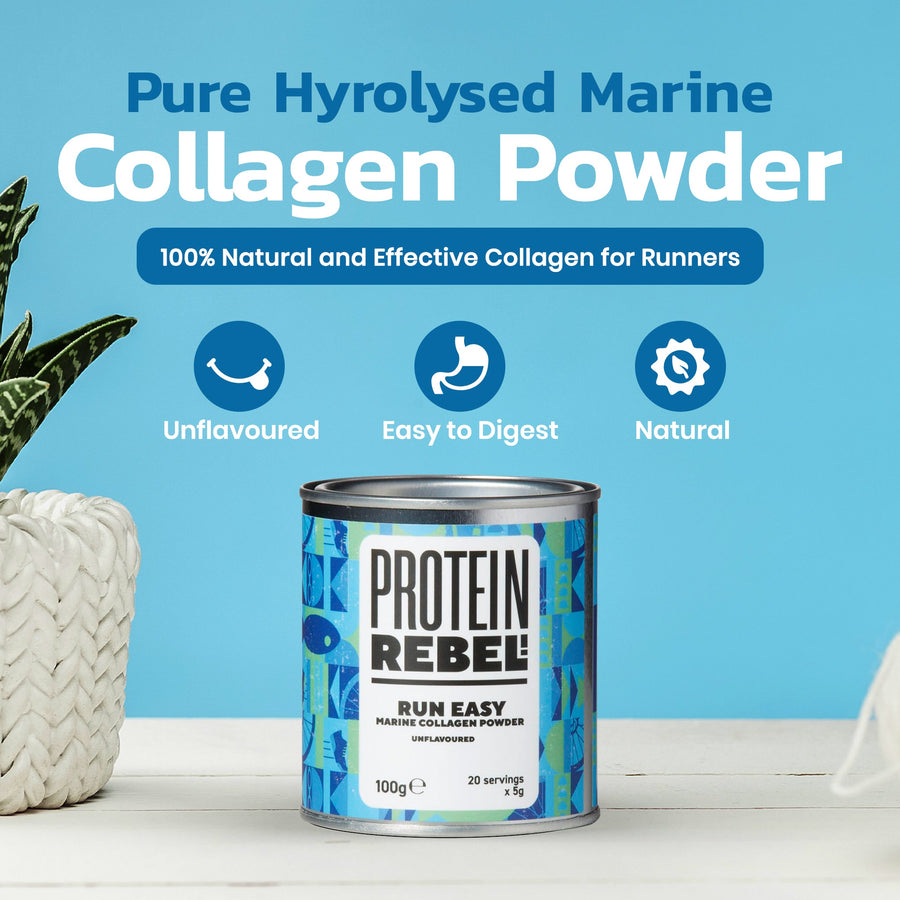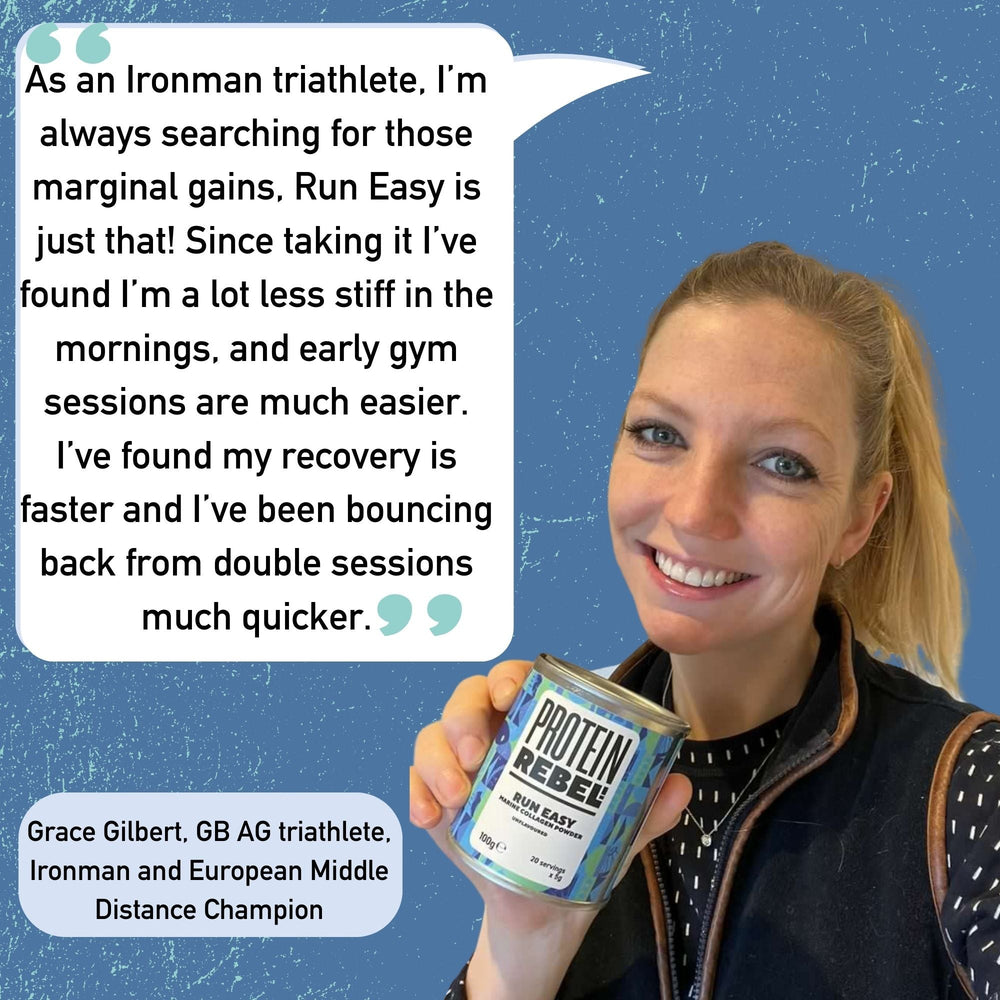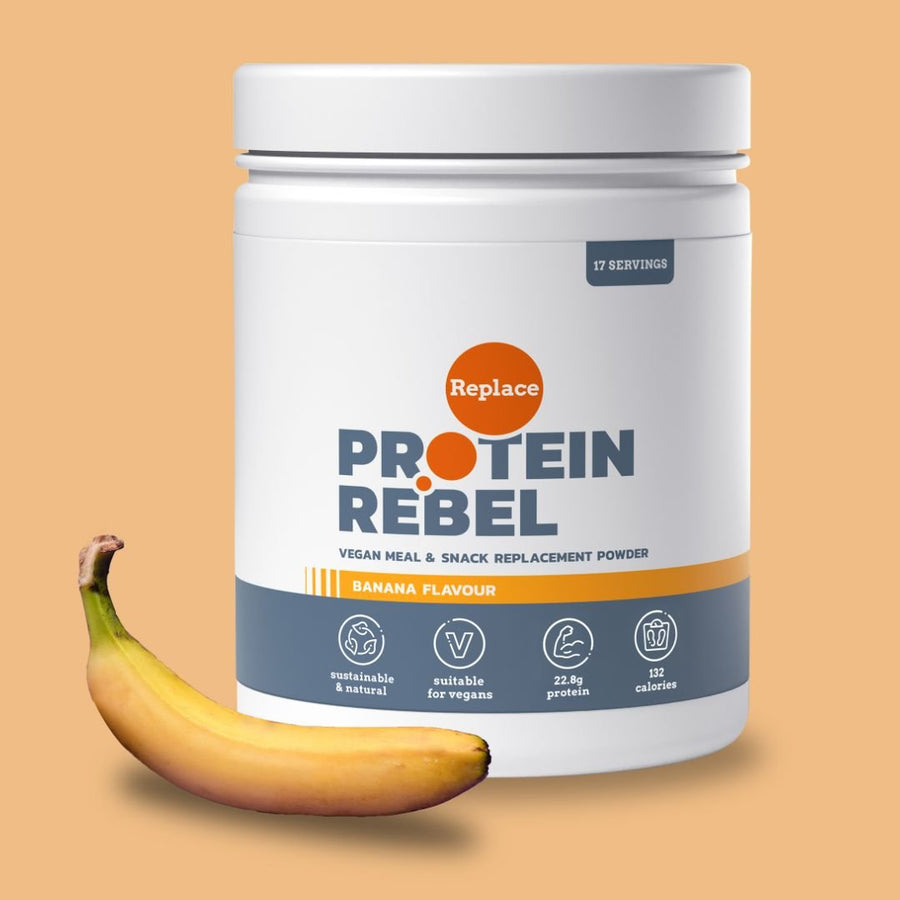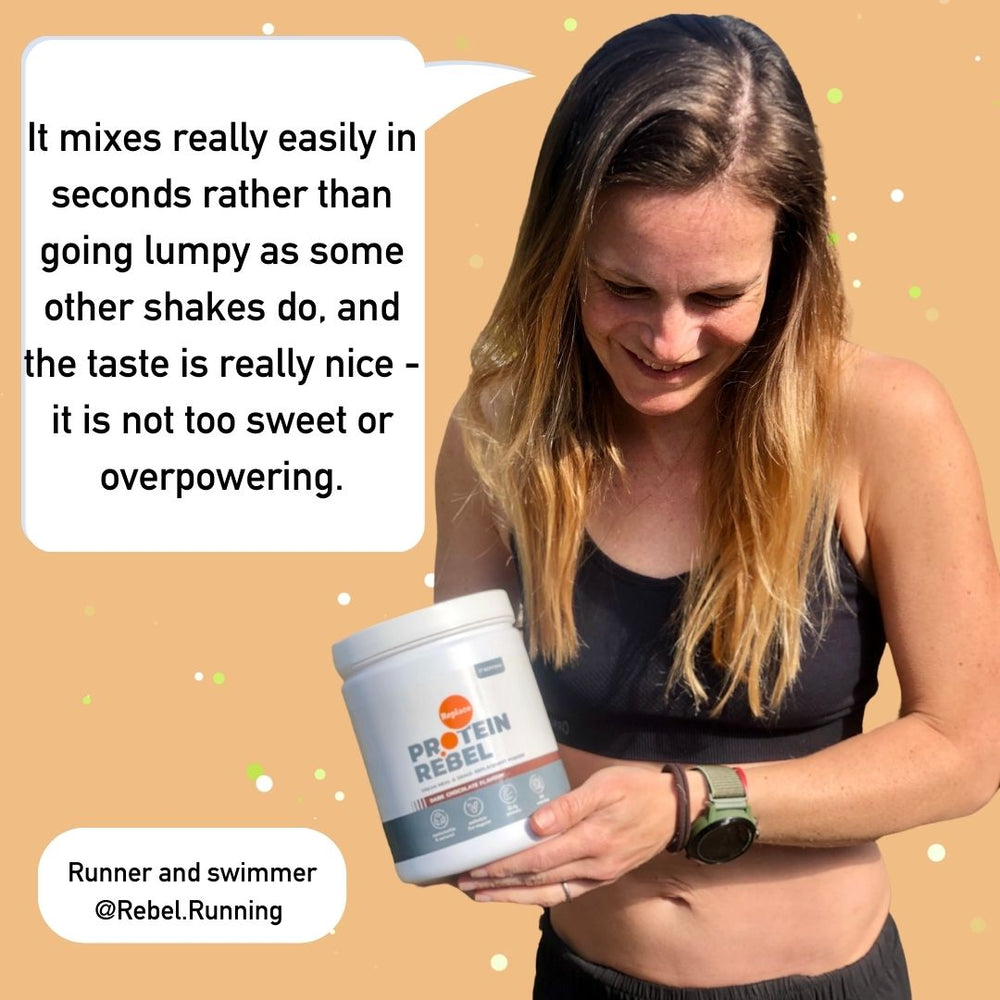Rest day nutrition
Just because you’re having a rest from training, it doesn’t mean you should have a break from healthy nutrition. What you eat on rest days is just as important as days when you’re training. In fact, your body can take up to 48 hours to recover from an intense workout.
So what should you be consuming on your days off?
Keeping protein levels high is important as your muscles will still need plenty of protein to repair and build, so choose protein-rich foods and healthy protein-packed shakes. You should aim to have protein every few hours to keep levels consistently high rather than just aiming for a protein-rich breakfast and dinner, for example.
And although carbohydrates are still important, they aren’t as important on rest days as training days as you’ll be using less energy. Just make sure they’re incorporated into your diet and not ignored.
Athletes aren’t immune to sugar-related illnesses and on rest days it’s especially important to keep sugar levels in check. If you’ve been using a lot of sugar-packed gels on training days, you’ll probably get sugar cravings on your rest days. And the sugar that you eat when you’re sedentary is more likely to go to stored fat, once glycogen stores are full. So consider healthy snacks or shakes with no added sugar that can satisfy those cravings without the sugary kick.
There are a number of other nutrients that can also help on non-training days, to keep your body operating at its best. Here are some of them:
- Fibre is important for athletes. It’s one of the only nutrients we’re short of as a nation and it’s key for athletes, although is often overlooked. Fibre is important for overall health and wellness, often associated with the prevention and relief of constipation, but it also helps you maintain a healthy weight (as it fills you up), promotes a healthy gut and lowers the risk of heart disease and type 2 diabetes. Ensuring you’re getting the right amount can have great benefits, however the time of day you consume fibre is important as ingestion of too much fibre close to a workout can cause issues during or after the workout. This is why it’s important to consume on rest days and also a minimum of two hours from your next scheduled training session. This should ensure proper digestion pre-workout.
- Zinc is one nutrient that is essential for good health and is needed every day to metabolise nutrients, maintain your immune system and grow and repair body tissues. It’s wise to include zinc in your daily diet.
- Riboflavin is also important, especially for vegan athletes as exercise produces stress in the metabolic pathways that use riboflavin. Vegan athletes are more at risk of riboflavin deficiency because of excluding animal products in their diet, so it’s wise to add this into your diet.
- Vitamin B12 should be included in your diet whenever possible. Hard to find on a vegan diet, Vitamin B12 benefits in all sorts of ways including providing an energy boost and improving heart health. Ensure this is part of your rest day nutrition plan.
Rest days are an important part of any exercise plan, allowing your body to maximise the training, adapt to stress and grow stronger. It’s important that your nutrition plan for your rest days is given the same consideration as your training days. Use the time to keep protein levels high, to ensure fibre is incorporated into your diet and to consume vital nutrients for your overall health and wellbeing. What you consume on your rest days could well make all the difference to your performance.
And all of this is in Protein Rebel Replace!





